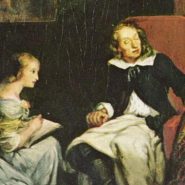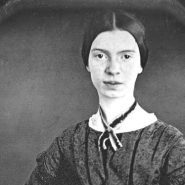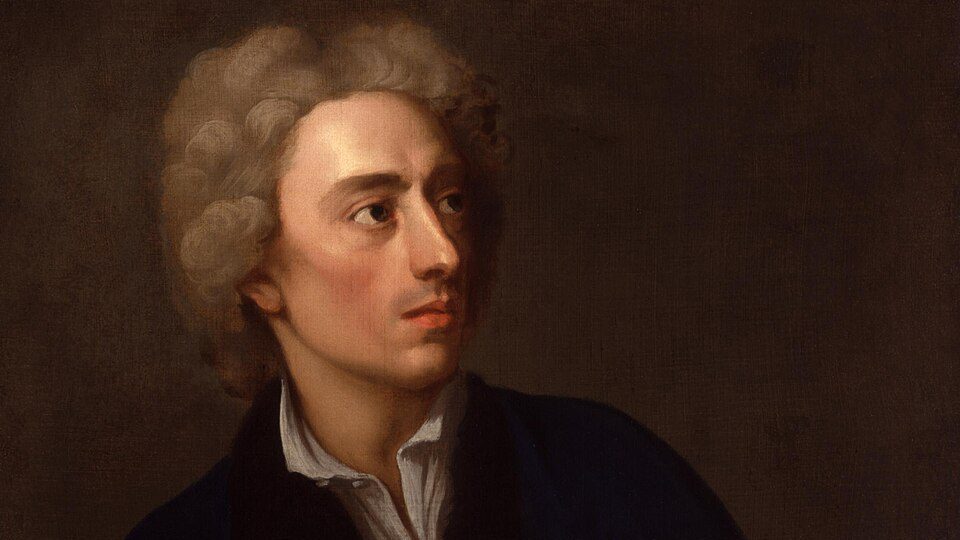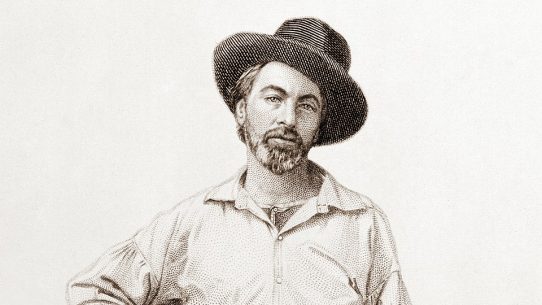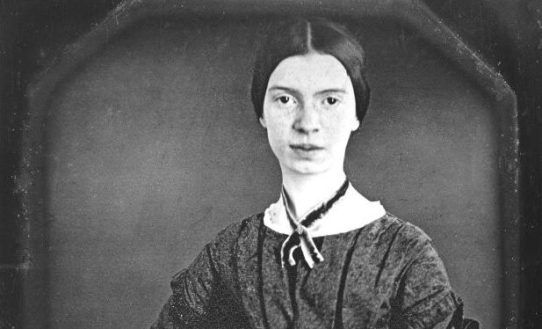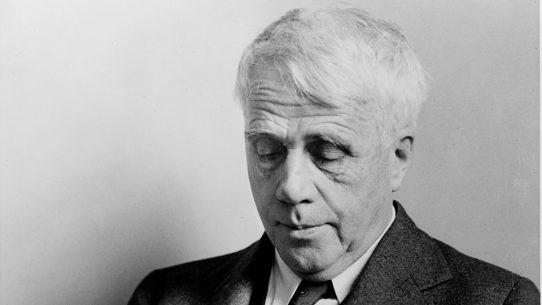Alexander Pope (1688–1744) was one of the most accomplished poets of the eighteenth century and a central figure of the Augustan Age in English literature.
Celebrated for his mastery of the heroic couplet, his sharp wit, and his moral intelligence, Pope’s work defined the tone and style of neoclassical poetry. Through satire, translation, and philosophical verse, he explored the follies of society and the limits of human reason with unmatched precision.
Early Life and Education
Pope was born on May 21, 1688, in London, to a Catholic family during a period of widespread anti-Catholic discrimination in England. Because of his faith, he was prohibited from attending public schools or universities, forcing him to educate himself through private tutors and extensive reading. From an early age, he displayed a remarkable aptitude for language and literature, studying the works of Homer, Virgil, and Horace, as well as English masters like Dryden.
At the age of twelve, Pope contracted tuberculosis of the spine, which left him physically deformed and stunted in growth for the rest of his life. Despite chronic pain and frail health, he turned inward to a life of study and writing. This physical limitation, far from impeding him, deepened his focus and discipline as a poet.
Literary Career and Major Works
Pope’s literary career began with Pastorals (1709), a set of polished poems that established his early reputation. His first major success came with An Essay on Criticism (1711), written when he was only twenty-three. Combining poetic craft with moral philosophy, the poem articulated the ideals of reason, balance, and judgment that characterized the neoclassical spirit.
In 1712, he published The Rape of the Lock, later expanded in 1714, transforming a trivial social dispute into an epic mock-heroic masterpiece. The poem captured the elegance and absurdity of high society while displaying Pope’s unmatched control of rhythm and satire. His translations of Homer’s Iliad (1715–1720) and Odyssey (1725–1726) brought him financial independence and enduring fame.
Later works such as The Dunciad (1728–1743) and An Essay on Man (1733–1734) revealed Pope’s moral depth and philosophical ambition. These poems critiqued ignorance, vanity, and corruption while grappling with humanity’s place in the divine order.
Style, Themes, and Influence
Pope perfected the heroic couplet, crafting verses of remarkable symmetry and clarity. His poetry reflects the neoclassical values of harmony, reason, and moral order, but it also brims with irony and emotional insight. His satires expose the pretensions of society while his philosophical works explore profound questions about virtue and human limitation.
Recurring themes in Pope’s work include pride, folly, moderation, and the pursuit of wisdom. His verse is distinguished by epigrammatic brilliance — lines that condense complex ideas into memorable aphorisms, such as “To err is human, to forgive divine.” Later poets, from Samuel Johnson to Lord Byron, admired his precision and intellectual wit, even as the Romantic movement turned toward emotion and nature.
Later Life and Legacy
Pope spent much of his life in his villa at Twickenham, near London, where he designed beautiful gardens that mirrored his love of balance and proportion. Though his sharp tongue made him both admired and feared, he maintained lasting friendships with writers like Jonathan Swift and John Gay. Despite constant ill health, he continued to revise and publish his work until his death on May 30, 1744.
In the centuries since, Pope’s influence has endured. His disciplined style and moral clarity defined an entire era of English poetry. While later poets rebelled against his formalism, few matched his technical mastery or intellectual reach. Today, Pope is recognized as one of the most precise and polished poets in the English language — a voice of reason and elegance in an age of refinement.
Notable Works
- An Essay on Criticism (1711)
- The Rape of the Lock (1712, 1714)
- The Dunciad (1728–1743)
- An Essay on Man (1733–1734)
- Translations of Homer’s Iliad (1715–1720) and Odyssey (1725–1726)
Related Poets
Oliver Goldsmith, John Dryden, Jonathan Swift, Samuel Johnson, Thomas Gray
